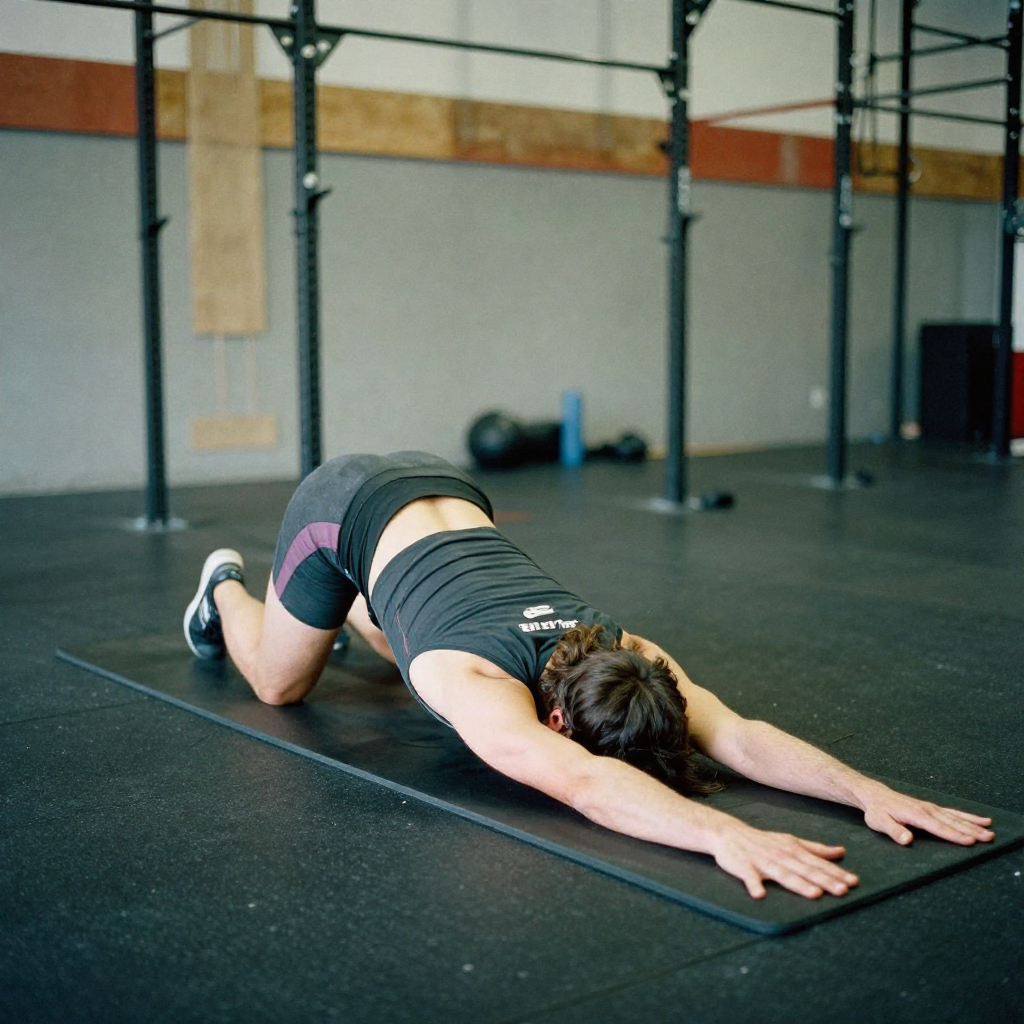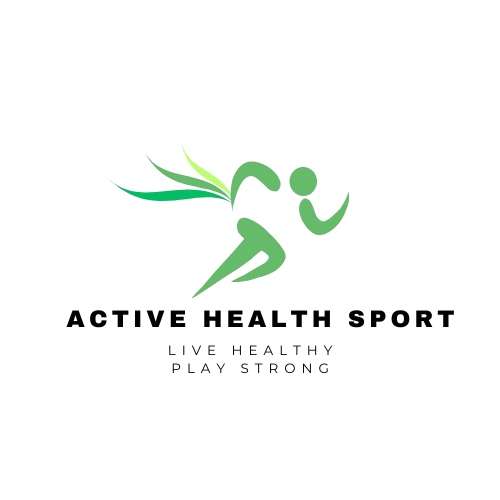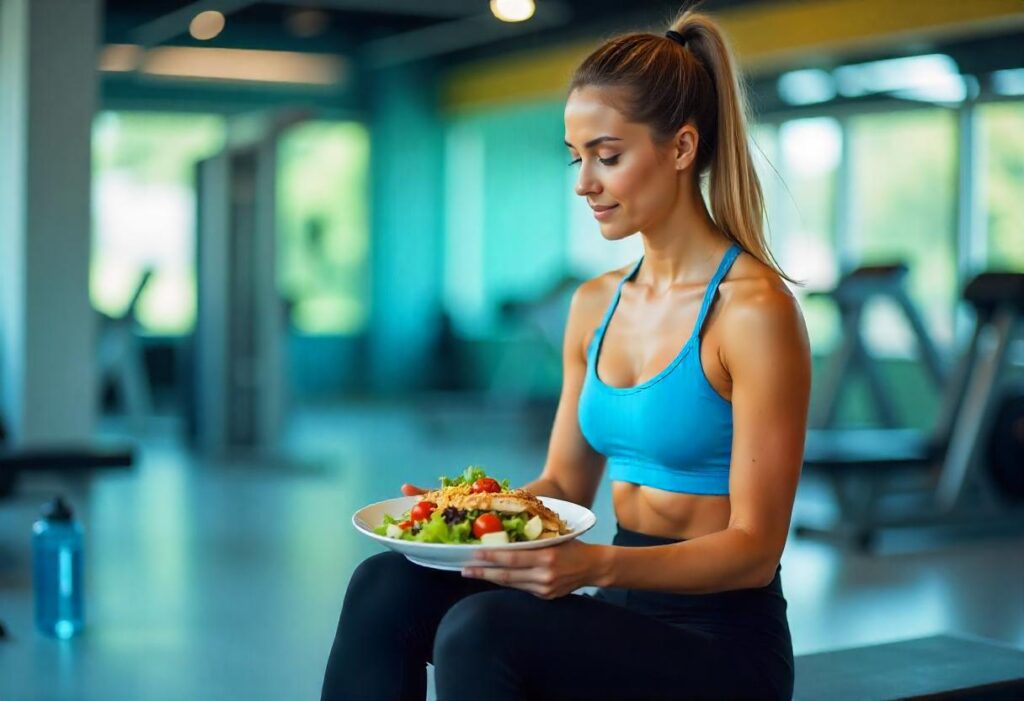Maintaining a healthy diet is crucial for athletes who want to optimize performance and recovery. However, with busy schedules filled with training sessions, competitions, and personal commitments, finding time to prepare nutritious meals can be challenging.
At Active Health Sport, we’re here to help you master the art of healthy meal prep with simple strategies that save time and keep you fueled for success. Let’s stay with us!
Why Healthy Meal Prep for Athletes?
Meal prep isn’t just about convenience, it’s a game-changer for athletes who need to maintain peak performance. Proper nutrition helps fuel workouts, speed up recovery, and improve overall health. By dedicating time to plan and prepare your meals, you can:
- Ensure balanced nutrition tailored to your athletic goals.
- Save money by avoiding unhealthy takeout options.
- Reduce stress by having meals ready during busy days.
With these benefits in mind, let’s explore practical meal prep ideas designed for busy athletes.
Key Components of a Healthy Athlete’s Diet
For athletes, nutrition is as important as training. A well-balanced diet not only fuels your body but also enhances performance, speeds up recovery, and keeps you in top form. Here are the fundamental components every athlete’s meal plan should include:
1. Lean Protein
Protein is the building block of muscle. After intense workouts or competitions, your body relies on protein for muscle repair and rebuilding muscle tissue. Including lean protein sources in your meals ensures you’re getting enough without excessive fat.
Best Sources of Lean Protein:
- Chicken breast: Low in fat and rich in high-quality protein.
- Turkey: A versatile option that’s perfect for various recipes.
- Tofu: An excellent plant-based choice packed with protein.
- Eggs: A complete protein source and easy to prepare.
- Fish: Salmon and tuna are great options for omega-3 fatty acids and protein.
Aim to include a serving of protein in every meal to support consistent muscle repair and growth.
2. Complex Carbohydrates
Carbohydrates are the primary source of energy for athletes. They provide the fuel your muscles need to perform at their best. Unlike simple carbs, complex carbohydrates release energy slowly, offering sustained energy throughout your training or competition.
Top Picks for Complex Carbohydrates:
- Brown rice: A hearty side dish that pairs well with any protein.
- Quinoa: A protein-rich grain that’s gluten-free and nutrient-dense.
- Oats: Ideal for breakfast to kickstart your day with long-lasting energy.
- Sweet potatoes: Packed with fiber, vitamins, and minerals for post-workout recovery.
Balancing your carbohydrate intake ensures your glycogen stores are replenished and ready for the next challenge.
3. Healthy Fats
Don’t shy away from fats they’re vital for energy and overall health. Healthy fats play a crucial role in joint lubrication, brain function, and hormone regulation. For athletes, they’re a great way to meet calorie needs without overloading on carbs or protein.
Best Sources of Healthy Fats:
- Avocados: Rich in monounsaturated fats and potassium.
- Nuts and seeds: Almonds, walnuts, chia seeds, and flaxseeds are nutrient-packed.
- Olive oil: A staple for cooking and salad dressings.
- Fatty fish: Salmon and mackerel also provide heart-healthy omega-3s.
Incorporate fats wisely to boost your energy without feeling weighed down.

4. Fruits and Vegetables
Fruits and vegetables are nature’s multivitamins. They’re packed with essential nutrients, antioxidants, and fiber that aid in recovery, reduce inflammation, and support your immune system.
Best Practices for Fruits and Veggies:
- Eat the rainbow: Include a variety of colors to maximize nutrient intake. For example, spinach, carrots, blueberries, and red bell peppers each offer unique benefits.
- Fresh or frozen: Both options are nutrient-rich, so choose based on convenience.
- Snack smart: Apples, bananas, and carrot sticks make excellent on-the-go snacks.
Make fruits and vegetables a staple in every meal to keep your body strong and resilient.
5. Hydration
Hydration is often overlooked but is one of the most critical aspects of an athlete’s diet. Even mild dehydration can impact your performance, focus, and recovery.
Hydration Tips:
- Drink water regularly: Aim for at least 8-10 glasses per day, or more if you’re active.
- Incorporate water-rich foods: Cucumbers, watermelons, oranges, and lettuce can contribute to your hydration needs.
- Electrolyte balance: After intense workouts, consider a drink with electrolytes to replenish lost minerals like sodium and potassium.
Never underestimate the power of staying hydrated; it’s essential for optimal performance and health.
Also Read: Here’s Why Water-Rich Fruits Are Essential for Hydration
Meal Prep Strategies for Busy Athletes
1. Plan Your Meals Ahead
Start by mapping out your week. Decide what meals and snacks you’ll need based on your training schedule. Write down your grocery list to avoid unnecessary purchases and ensure you have all the essentials.
2. Batch Cook Staples
Prepare large batches of versatile ingredients like grilled chicken, roasted vegetables, and quinoa. Store them in airtight containers for easy mixing and matching throughout the week.
3. Portion Control is Key
Divide your meals into portion-sized containers to avoid overeating or undereating. This method ensures that you’re consuming the right amount of calories and nutrients for your activity level.
4. Embrace One-Pot Meals
One-pot recipes like stir-fries, soups, and casseroles are time-saving and nutrient-packed. Use a slow cooker or pressure cooker to prepare meals while you focus on other tasks.
5. Snack Smart
Keep healthy snacks on hand for quick energy boosts. Ideas include trail mix, protein bars, Greek yogurt, and fresh fruit. Prep these in advance to avoid grabbing processed options.
6. Prep Recovery Meals
Post-workout recovery meals should include a mix of protein and carbs. Prepare options like a chicken and rice bowl or a protein smoothie with banana and spinach.
Easy Meal Prep Recipes for Athletes
1. Grilled Chicken and Veggie Bowl
- Ingredients:
- Grilled chicken breast
- Steamed broccoli
- Roasted sweet potatoes
- Quinoa
- Directions:
- Cook quinoa and portion it into containers.
- Add grilled chicken, sweet potatoes, and steamed broccoli.
- Season with olive oil and lemon juice for extra flavor.
2. Overnight Oats
- Ingredients:
- Rolled oats
- Almond milk
- Chia seeds
- Fresh berries
- Directions:
- Mix all ingredients in a jar.
- Refrigerate overnight for a quick grab-and-go breakfast.
3. Energy Balls
- Ingredients:
- Oats
- Peanut butter
- Honey
- Dark chocolate chips
- Directions:
- Combine all ingredients in a bowl. Roll into bite-sized balls and store in the fridge for an energy-packed snack.
Also, Read the Latest: How to Use Superfoods to Boost Mood and Focus Daily
What are the Tools that Simplify Meal Prep?
Busy athletes can benefit from kitchen gadgets that save time. Consider investing in these essentials:

- Meal Prep Containers: Keep your meals fresh and organized.
- Slow Cooker or Instant Pot: Perfect for batch cooking.
- Blender: Ideal for protein shakes and smoothies.
- Food Scale: Ensure accurate portion sizes.
Building a meal prep routine takes practice, but consistency is key. Dedicate a specific day each week to grocery shopping and preparing your meals. Keep experimenting with new recipes to avoid boredom and stay motivated. Remember, a little effort upfront can lead to significant benefits in your performance and overall well-being.
Real Stories | How Healthy Meal Prep Transformed These Athletes
1. Jesse Cartwright – High School Track Athlete, Denver, CO
When Jesse joined his varsity track team, his performance plateaued midway through the season. His coach suggested nutrition might be the missing piece. Jesse and his mom started preparing his meals weekly: lean proteins, sweet potatoes, brown rice, and plenty of greens.
Within weeks, Jesse noticed better energy during practice, faster recovery, and fewer post-run cramps. He shaved nearly a second off his 400m time and credits his improvement to fueling his body more intentionally.
“Healthy meal prep gave me structure,” Jesse says. “It’s like training, but for your meals.”
2. Danielle “Dani” Moss – Amateur Triathlete, Austin, TX
Dani, a 34-year-old triathlete balancing a full-time job, struggled with post-training fatigue and digestive issues. After consulting with a sports dietitian, she switched from grabbing fast-casual lunches to prepping quinoa bowls, grilled salmon, and overnight oats each Sunday. The difference was almost immediate: less bloating, improved endurance, and even better sleep.
“Meal prepping made me realize how much junk I was relying on,” she shared with the Active Health Sport team. “Now, I eat to perform, not just to feel full.”
3. Marcus DeShawn – College Football Player, Charlotte, NC
Marcus, a Division I linebacker, had been eating whatever he could find on campus, often pizza or fast food after weight training. That changed during the off-season when he committed to a meal prep plan tailored to his macros. With prepped meals like grilled chicken, roasted veggies, and complex carbs, his strength gains improved noticeably. Coaches noted his improved stamina and quicker recovery between reps.
“I used to think meal prep was for bodybuilders,” Marcus laughs, “but now I know it’s the key to staying game-ready.”
Closing Thoughts | Healthy Meal Prep for Athletes
Healthy meal prep is a cornerstone for busy athletes striving to balance a hectic lifestyle with peak performance. By dedicating time to plan and prepare nutritious meals, you ensure your body is fueled with the right nutrients to power through workouts, recover effectively, and maintain overall well-being.
Incorporating simple, balanced recipes into your routine not only saves time but also helps you stay consistent with your fitness and health goals. From quick pre-workout energy boosters to satisfying post-workout recovery meals, the benefits of meal prep extend beyond convenience; it’s a vital part of your athletic toolkit.
At Active Health Sport, we believe that taking control of your diet can transform the way you perform both on and off the field. Start small, explore new recipes, and focus on whole, nutrient-dense ingredients that support your active lifestyle.
With a little effort and consistency, meal prepping will not only reduce the stress of daily nutrition but also set the foundation for long-term success. Make it a habit today, and experience firsthand how proper planning and preparation can enhance your journey toward achieving your athletic goals and overall health. Start today and experience the difference that proper nutrition can make in achieving your athletic goals.
You might also like…
- Why Mobility Matters More Than Muscle for CrossFit Progress
 In CrossFit culture, strength numbers often steal the spotlight: heavier deadlifts, faster WOD times, and bigger PRs. While muscle and power are essential, they are not the limiting factor… Read more: Why Mobility Matters More Than Muscle for CrossFit Progress
In CrossFit culture, strength numbers often steal the spotlight: heavier deadlifts, faster WOD times, and bigger PRs. While muscle and power are essential, they are not the limiting factor… Read more: Why Mobility Matters More Than Muscle for CrossFit Progress - Zone-2 Walking for CrossFit Athletes Explained
 In CrossFit, conditioning is often associated with intense, fast-paced WODs, high heart rates, and breathless finishes. While this intensity builds power and short-term fitness, it does not fully support… Read more: Zone-2 Walking for CrossFit Athletes Explained
In CrossFit, conditioning is often associated with intense, fast-paced WODs, high heart rates, and breathless finishes. While this intensity builds power and short-term fitness, it does not fully support… Read more: Zone-2 Walking for CrossFit Athletes Explained - How Low-Intensity Walking Restores the Nervous System
 CrossFit is designed to test physical limits. Heavy lifts, fast-paced metabolic conditioning, and complex gymnastic movements demand not only muscular strength but also significant nervous system output. While most… Read more: How Low-Intensity Walking Restores the Nervous System
CrossFit is designed to test physical limits. Heavy lifts, fast-paced metabolic conditioning, and complex gymnastic movements demand not only muscular strength but also significant nervous system output. While most… Read more: How Low-Intensity Walking Restores the Nervous System

Kait Amazra is the founder and lead writer of Active Health Sport. With over 25 years of experience in health, fitness, and wellness education, Kait combines professional expertise with a passion for helping people live stronger, healthier, and more balanced lives.
As a licensed health and fitness professional, Kait has worked alongside industry experts to deliver evidence-based insights on physical activity, nutrition, recovery, and holistic well-being. Through Active Health Sport, Kait’s mission is to make trusted, practical, and science-backed health information accessible to everyone, from beginners building new habits to athletes seeking peak performance.

